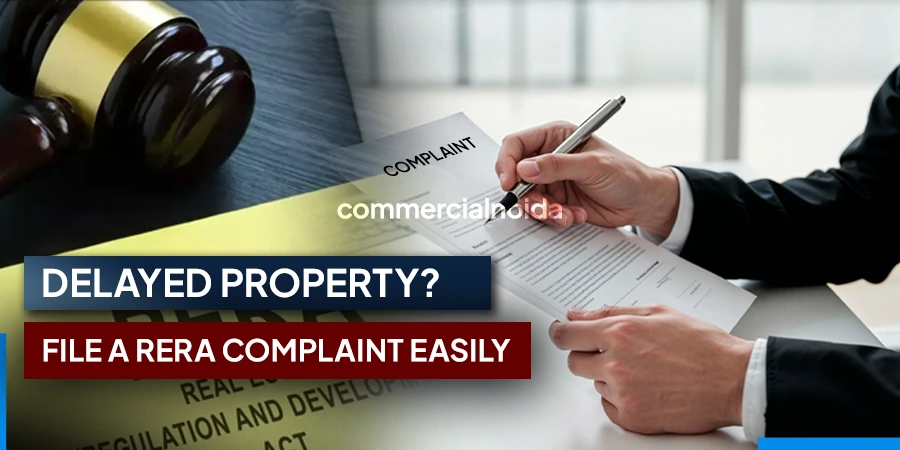How to Know if a Property is Illegal? 7 Ways to Check!

7 Ways to check if property is legal or Not
If you are planning to purchase a property, then beware of property frauds. Nowadays, a scam is at their peak, with illegal properties being sold using forged documents. By the time you realize, the scammers may disappear.
To protect yourself, it's essential to know how to check a property’s legal status and past complications. Here are 7 ways to help you determine if the property you want to buy is legal or not.
How to know if a property is illegal?
1. Title Deed
The first step when purchasing a property is to check the title deed. This document contains:
• A description of the property, including boundaries, location, and dimensions
• The names of the buyer and seller
• The property’s history, including previous owners and transactions
• Any easements or rights of way
• Any restrictions or covenants that may apply
The title deed provides comprehensive information about a property and its title. Always go through the title deed to ensure you have complete information.
2. Check the Encumbrance Certificate (EC)
The EC is an important document that shows if the property has any legal or financial problems, such as unpaid loans or taxes. You can get this from the local sub-registrar’s office. It confirms the property’s ownership status and ensures there are no legal claims on it.
Other Important Documents:
• Completion Certificate: Shows if the building is constructed correctly.
• Khata Extract: Details the property owner and taxes.
• Occupancy Certificate: Proves the building is safe to live in.
• Possession Certificate: Confirms that you, as the buyer, own the property.
3. Check the Property Plans
Make sure the land isn’t illegally taken and that the building plan is approved by the proper authorities. Visit the property to ensure it matches the documents. If there’s a mismatch, it could be a red flag.
You can also verify property details through your state’s Real Estate Regulatory Authority (RERA) website to check if the property and developer are registered.
4. Check Property Tax Proof
Ensure the current owner has paid all property taxes. Check the tax receipt to make sure there are no unpaid taxes, and the government recognizes the property.
5. Get a No Objection Certificate (NOC)
An NOC is a document confirming there are no issues with transferring the property. It is issued by the local authority or municipality.
6. Why Bank Approval is Important?
Banks conduct thorough checks before approving home loans, which can be a good way to verify the property’s legality.
7. Hire a Property Lawyer
An experienced lawyer who has experience in dealing property related matters can help you with the final stage. The lawyer can help you to access and verify everything again and as per legal obligations. Lawyers also have good connections in tehsils too, so he can also help you to extract information from there to verify your property details further.
Conclusion
Before purchasing a property, make sure to verify its legal status by checking important documents like the title deed, encumbrance certificate, and property tax receipts.
Also, confirm with the bank and hire a lawyer for further legal protection. These steps will help you avoid scams and ensure your property purchase is secure and legitimate. Always do your due diligence to protect your investment.
























































































































.webp)

































































































.webp)
















































































.webp)
































































































